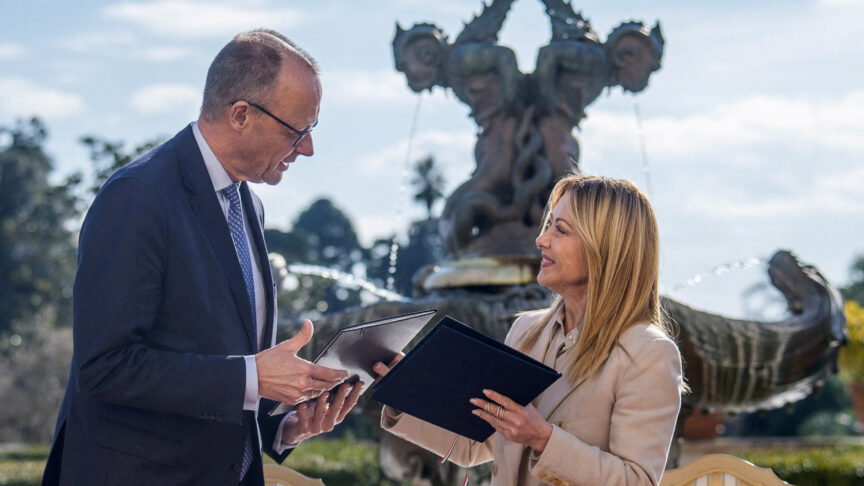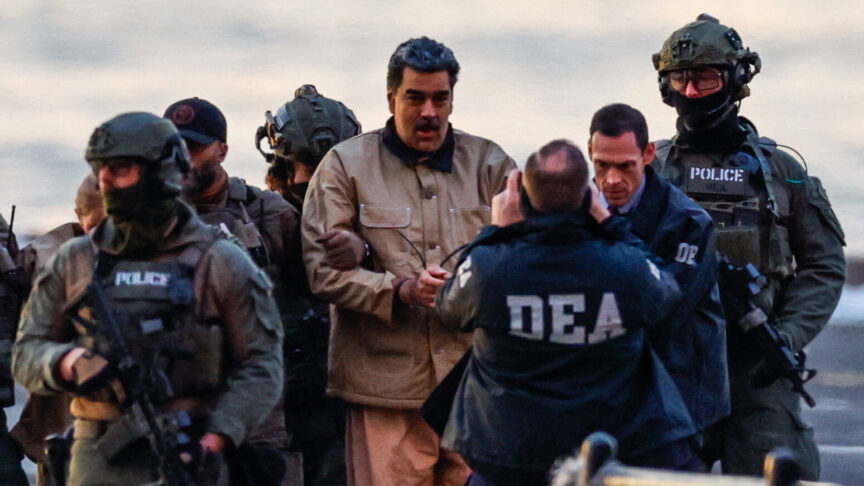How should Europe respond to Russia? The Italian view
The Ukraine crisis has marked a gradual structural shift in Italian foreign policy towards Russia.
This paper is part of a series of papers presenting views from experts in various European capitals on Russian policy, including those from Finland, Spain, Germany, Poland, Austria and Hungary.
Italy has traditionally looked at Russia through an economic rather than a geopolitical lens. Rome has deep economic and energy ties with Russia, and it has not been particularly interested in the region that Russia has traditionally considered to be its sphere of influence. This explains Italy’s enthusiasm for the establishment of the NATO-Russia Council in 2002, as well as its relative passivity in the face of Russia’s aggression towards Georgia in the summer of 2008. It seemed as though the Italian reaction to the crisis in Ukraine would be more of the same – but this turned out not to be the case. Italy’s reaction was slow and is largely inclined towards moderation and engagement rather than confrontation. However, the Ukraine crisis has marked a gradual structural shift in Italian foreign policy towards Russia.
The Ukraine crisis has marked a gradual structural shift in Italian foreign policy towards Russia.
As late as June 2014, the Italian body politic continued to view the Ukraine crisis solely from the perspective of its strategic partnership with Russia. The partnership had to be preserved at all costs and any solution to the crisis could only be found in the partnership. That position has now changed. Russia is still seen as a strategic actor that the European Union cannot afford to ignore. But it is no longer (or at least not for the time being) seen as a strategic partner. As the situation has evolved – and, above all, after the downing of Malaysia Airlines Flight MH17 – the Italian position has undergone a gradual structural revision, notwithstanding the fact that Italy still has deep economic and energy links to Russia.
The Italian position on the eastern partner countries is quite eclectic. Power-sharing, constitutional reform, and recognition and respect for minority rights and minority views are seen as essential, especially in Ukraine. Many elsewhere in the EU might see Italy’s position as excessively (or perhaps naively) accommodating towards Russia, evidencing a lack of understanding for the “real meaning” that Ukraine’s federalisation could have. Nonetheless, Italy has been generally positive towards widening the EU. If the debate within the EU were to move forward, Italy would most likely favour deeper integration of the eastern partners into the EU. Italy’s track record on eastern enlargement and on the enlargement processes in the Balkans and Turkey testify to this.
If the debate within the EU were to move forward, Italy would most likely favour deeper integration of the eastern partners into the EU.
Italy believes that aside from negative measures like sanctions, some form of positive engagement with Russia must be sought. Once a solution to the Ukraine crisis is found, the EU’s priority must be to manage its relationship with Russia so as to minimise the risk of setting up new dividing lines in Europe. A possible place to start on the European continent would be to explore the possibility of engagement with the Eurasian Economic Union. The geopolitical concept of a Eurasian Union that is premised on confrontation or division with the West is destined to fail. As the Ukraine crisis itself demonstrates, Russia has not succeeded and will not succeed in absorbing all its neighbours into a geopolitical Eurasian Union that is opposed to the West. At the same time, the EU must recognise that its own geopolitical vision of a homogenous ring of friendly Europeanising neighbours to the east is not likely to come about either. Some neighbours have demonstrated their European orientation, but others have turned away, either voluntarily or under threat. The EU must acknowledge these choices, while still keeping its doors open to all. Hence, the EU needs to seek a modus vivendi with the Eurasian Economic Union – a far more geographically limited and politically unambitious project than the EU itself. The two unions must listen to one another’s concerns and find concrete solutions to prevent trade disruptions.
Once a solution to the Ukraine crisis is found, the EU’s priority must be to manage its relationship with Russia so as to minimise the risk of setting up new dividing lines in Europe.
Beyond Europe, it is crucial that the EU sustains and fosters cooperation with Russia on all those regional and global dossiers in which the two sides’ interests converge and/or where Russia has a stake. Key issues are the fight against extremism and terrorism, maritime security, and the Iranian nuclear programme. In September 2013, a chemical weapons deal was reached with Syria through close cooperation with Russia, which allowed both the United States and Europe to pull back from the brink of a war about which they were rightly unconvinced. If such a situation were to repeat itself today, would the West be able to achieve that same level of cooperation with Russia? As the P5+1 aims at a nuclear deal with Iran, can the West reap the potential benefits of cooperation with Russia? As it stands, the answer is unclear – but Italy believes that the West must work to make sure that the answer is yes.
Italy’s position on Russia is not set in stone. Its instinct is likely to remain one of openness, exploring all possible avenues for cooperation and cherishing above all cooperation on issues that are close to Italian foreign policy interests, foremost among them, the Middle East. But Italy has already become far less starry-eyed about Vladimir Putin’s Russia than it was only a few months ago. It will continue to prioritise a united EU approach towards the challenge posed by Russia.
Nathalie Tocci is Deputy Director of the Istituto Affari Internazionali (IAI), Italy.
This paper is part of the Wider Europe Forum and is one in a series of five papers presented on 17 November at ECFR’s EU-Russia Strategy Group. This Group was set up in 2014 to provide a venue for a restricted group of European policymakers and experts to have an informal and high-level dialogue on Russia. It is supported by the Robert Bosch Foundation and the German and Polish foreign ministries.
The European Council on Foreign Relations does not take collective positions. ECFR publications only represent the views of their individual authors.


